|
|
|
Pearson
|
Who killed Charles McCarthy at Boscombe Pool? And why? Detective Lestrade from Scotland Yard thinks it was McCarthy's son, James. Things do not look good for James. But the famous English detective, Sherlock Holmes, sees things differently. His friend, Dr Watson, joins him and tells the story. |
|
The Activity Book provides reinforcement and consolidation of the language presented in the Pupil's Book. It is organised as follows: — A Welcome unit of four lessons, for use after the corresponding Pupil's Book pages; — Eight units divided into ten lessons (as in the Pupil's Book); — A Goodbye unit of four lessons (as in the Pupil's Book); — Eight festival lessons at the back of the book for use at Bonfire Night, Christmas, Easter and Wimbledon; — Unit review activities. These are linked to corresponding grammar points in the Pupil's Book; — A Picture Dictionary at the back of the book to help pupils to review and remember the target language. |
|
Hans Andersen wrote many stories, and these are some of the best. We meet a very, very small child, a bird with a beautiful voice, a mermaid with legs, an ugly duckling with no friends — and an emperor with some very strange new clothes. These stories teach us lessons for life. |
|
The Grammar Booklet offers four pages per unit to further practice the grammatical points covered in the corresponding Pupil's Book unit. |
|
The Pupil's Book provides materials to effectively present and practice the target language. It introduces new language in lively and engaging contexts. A wide variety of practice tasks lead from controlled language activities through to production and personalisation activities. There is also a high level of cross-curricular and cultural content, so that language learning can be integrated into the Primary curriculum (CLIL). Additionally the Pupil's Book contains songs, stories, games, listening and reading texts and communicative activities to ensure lessons are varied, motivating and effective. The Access code printed at the back of the book gives pupils and parents unique and safe access to Future Island Online via the internet. |
|
The Reading and Writing Booklet includes four pages per unit to target specific skills. The first page focuses on reading, the second on comprehension with more of a range of texts than those offered in the CLIL and Wider World pages of the Pupil's Book. The third page offers reading and writing activities to revise the key vocabulary, and using the fourth page pupils have the opportunity to write texts which practice punctuation, syntax and structure. An answer key is provided at the back of the Teachers Book. Details of when to use this booklet are given in the teaching notes. |
|
The Test Booklet contains initial placement tests, progress tests for each unit and practice tests, testing all four skills using question types from external exams (CYL, Trinity and KET for schools). |
|
The Activity Book provides reinforcement and consolidation of the language presented in the Pupil's Book. It is organised as follows: — A Welcome unit of four lessons, for use after the corresponding Pupil's Book pages; — Eight units divided into ten lessons (as in the Pupil's Book); — A Goodbye unit of four lessons (as in the Pupil's Book); — Eight festival lessons at the back of the book for use at Bonfire Night, Christmas, Easter and Wimbledon; — Unit review activities. These are linked to corresponding grammar points in the Pupil's Book; — A Picture Dictionary at the back of the book to help pupils to review and remember the target language. |
|
The Grammar Booklet offers four pages per unit to further practice the grammatical points covered in the corresponding Pupil's Book unit. |
|
The Pupil's Book provides materials to effectively present and practice the target language. It introduces new language in lively and engaging contexts. A wide variety of practice tasks lead from controlled language activities through to production and personalisation activities. There is also a high level of cross-curricular and cultural content, so that language learning can be integrated into the Primary curriculum (CLIL). Additionally the Pupil's Book contains songs, stories, games, listening and reading texts and communicative activities to ensure lessons are varied, motivating and effective. The Access code printed at the back of the book gives pupils and parents unique and safe access to Future Island Online via the internet. |
|
The Reading and Writing Booklet includes four pages per unit to target specific skills. The first page focuses on reading, the second on comprehension with more of a range of texts than those offered in the CLIL and Wider World pages of the Pupil's Book. The third page offers reading and writing activities to revise the key vocabulary, and using the fourth page pupils have the opportunity to write texts which practice punctuation, syntax and structure. An answer key is provided at the back of the Teachers Book. Details of when to use this booklet are given in the teaching notes. |
|
The Activity Book provides reinforcement and consolidation of the language presented in the Pupil's Book. It is organised as follows: — A Welcome unit of four lessons, for use after the corresponding Pupil's Book pages; — Eight units divided into ten lessons (as in the Pupil's Book); — A Goodbye unit of four lessons (as in the Pupil's Book); — Eight festival lessons at the back of the book for use at Bonfire Night, Christmas, Easter and Wimbledon; — Unit review activities. These are linked to corresponding grammar points in the Pupil's Book; — A Picture Dictionary at the back of the book to help pupils to review and remember the target language. |
|
The Grammar Booklet offers four pages per unit to further practice the grammatical points covered in the corresponding Pupil's Book unit. |
|
The Pupil's Book provides materials to effectively present and practice the target language. It introduces new language in lively and engaging contexts. A wide variety of practice tasks lead from controlled language activities through to production and personalisation activities. There is also a high level of cross-curricular and cultural content, so that language learning can be integrated into the Primary curriculum (CLIL). Additionally the Pupil's Book contains songs, stories, games, listening and reading texts and communicative activities to ensure lessons are varied, motivating and effective. The Access code printed at the back of the book gives pupils and parents unique and safe access to Future Island Online via the internet. |
|
The Reading and Writing Booklet includes four pages per unit to target specific skills. The first page focuses on reading, the second on comprehension with more of a range of texts than those offered in the CLIL and Wider World pages of the Pupil's Book. The third page offers reading and writing activities to revise the key vocabulary, and using the fourth page pupils have the opportunity to write texts which practice punctuation, syntax and structure. An answer key is provided at the back of the Teachers Book. Details of when to use this booklet are given in the teaching notes. |
|
Islands motivates children by introducing them to a group of characters in an Online Island that mirrors the Island in their English book. Pupils follow the characters on a quest through their book whilst listening to stories, singing songs, communicating and playing games along the way. Most importantly, pupils will enjoy themselves and make their own discoveries in English. In Islands learning is an adventure! |
|
Islands motivates children by introducing them to a group of characters in an Online Island that mirrors the Island in their English book. Pupils follow the characters on a quest through their book whilst listening to stories, singing songs, communicating and playing games along the way. Most importantly, pupils will enjoy themselves and make their own discoveries in English. In Islands learning is an adventure! |
|
Who are the British? This book will tell you about their lives, TV programmes, business, family, life, pets — and the food. This is a book about real people and real life in Britain today. |
|
We'll give a free dinner to the person who tells the best story. Now, put up your hands if you agree. The pilgrims all held up their hands. A group of pilgrims are travelling together for five days from London to Canterbury. On the way, each pilgrim has to tell a story to keep the others amused. Some stories are happy, and some are sad. But they all have a message, and we can learn from them. |
|